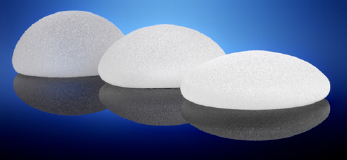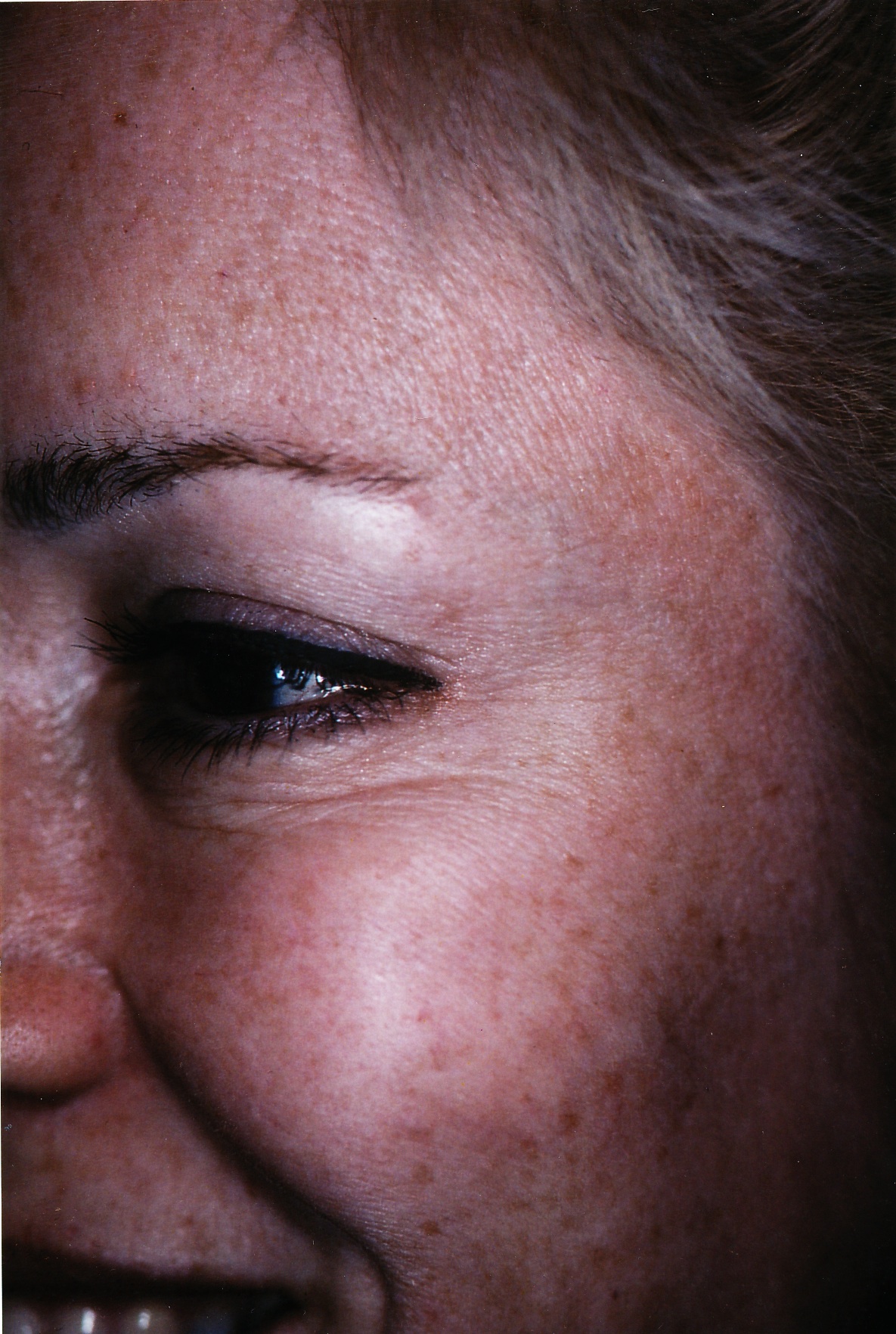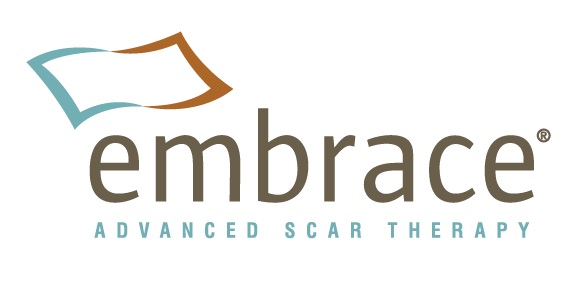The General and Plastic Surgery Devices Panel of the Medical Devices Advisory Committee to the Food and Drug Administration (FDA) met in August 2011 to discuss and make recommendations on issues related to silicone-gel filled breast implants. Dr. William Maisel, chief scientist for the Food and Drug Administration’s Center for Devices, re-confirmed the FDA judgment that silicone-gel implants are safe and effective for their intended use in breast augmentation.
The FDA placed restrictions on the use of silicone-gel implants in 1992 due to concerns about a possible link to autoimmune disease such as rheumatoid arthritis and lupus. Clinical trials conducted over the next decade failed to show any evidence of an increased incidence of these conditions in women with breast implants. In November 2006, supported by scientific evidence, the FDA removed the 1992 restrictions on the use of silicone-gel implants made by Mentor and Allergan. As an additional safety measure, the FDA required companies to conduct decade-long studies of their implants’ performance. The FDA has also looked at the studies conducted to gain approval, which have longer and better follow-up than those launched after the 2006 decision. Other studies published in the scientific literature and reports of adverse events helped complete the picture, Maisel said.
When considering both current and future post approval study designs for silicone-gel implants, the panel discussed methodologies and strategies that could increase compliance with follow-up. As discussed in a number of questions about methods and data collection, the panel felt that a breast implant registry of all women who receive the device may provide a means to answering many of the longer term and real world questions, in particular the questions associated with rare adverse events.
The FDA and the Devices Panel consider MRI as the gold standard for evaluating breast implants for evaluation of rupture. However, a 2006 requirement for regular MRI follow up studies following breast augmentation was deemed by the panel to be expensive and unnecessary. Dr. Forley advises his patients to return for annual follow up exams. They are also encouraged to see Dr. Forley in the interim if there is any change in the appearance or feel of the breasts after surgery.
Tags: Breast Augmentation, Plastic Surgery
Written by Dr. Forley on October 1, 2011





